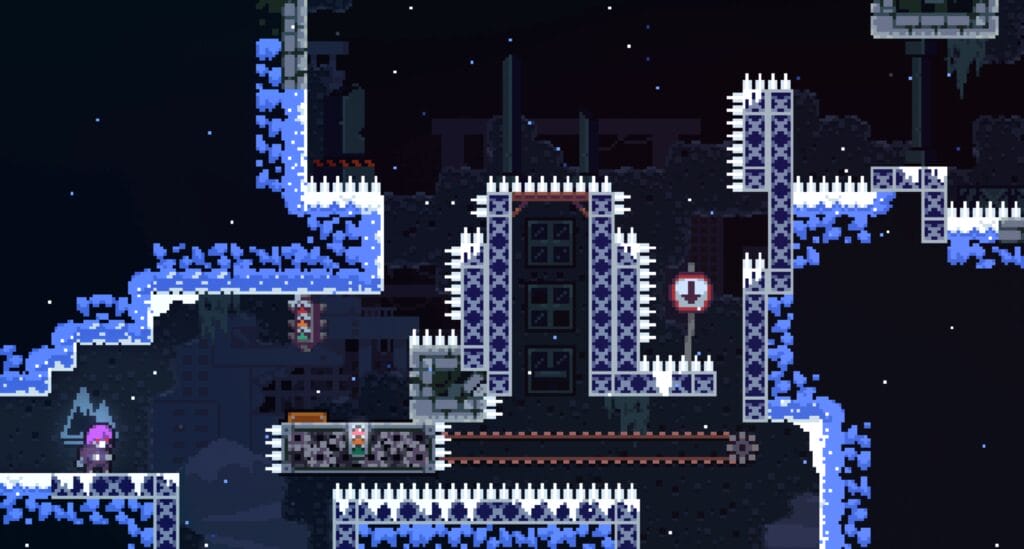Becoming a game designer is a dream for many, but it can be a challenging path to take. However, with the right knowledge and skills, you can turn your passion for games into a successful career. In this article, we will provide a comprehensive guide on how to become a game designer, including the necessary education, skills, and experience required to succeed in the industry.
How to Become a Game Designer
What is a Game Designer?
A game designer is responsible for creating and developing the overall concept and design of a video game. This includes the game’s story, characters, mechanics, and levels.
They work closely with a team of developers, artists, and writers to bring their vision to life. Game designers must have a strong understanding of game development, as well as the ability to communicate their ideas effectively to the rest of the team.
They are also responsible for creating a game’s overall aesthetic, including the art style, sound effects and music. Game designers are also responsible for creating a game’s overall aesthetic, including the art style, sound effects, and music.

Education and Training
While there is no specific degree required to become a game designer, a bachelor’s degree in game design or a related field such as computer science or programming is highly recommended. Many universities and colleges offer game design programs that provide students with the skills and knowledge needed to enter the industry. These programs can include classes in game design theory, programming, level design, game engines, and more.
In addition to formal education, it is also important to develop your skills through personal projects and practice. Building your own games and experimenting with different design techniques will help you gain the experience and portfolio necessary to land a job as a game designer. Also, you can take online courses and tutorials that can give you further knowledge and skills in game design.

Skills and Experience
To be a successful game designer, you must have a combination of technical skills and creative abilities. Some of the key skills required include:
- Strong understanding of game development and programming
- Knowledge of game engines such as Unity and Unreal Engine
- Experience with game design software such as Adobe Photoshop and Illustrator
- Strong storytelling and writing skills
- Ability to create and implement game mechanics
- Strong problem-solving and communication skills
- Familiarity with game design tools and software, including Unity, Unreal Engine, and GameMaker Studio
- Knowledge of game design principles and techniques, including level design, game mechanics, and user experience design
- Understanding of game development pipelines and project management
In addition to these technical skills, it is also important to have experience in the gaming industry. This can include internships, freelance work, or personal projects. A strong portfolio showcasing your work is essential when applying for game design jobs.
You should also be familiar with the gaming industry trends and the latest technology. This will help you to stay updated and be able to create games that are in line with the current market trends.
Finding a Job as a Game Designer
Once you have the necessary education, skills, and experience, it’s time to start looking for a job as a game designer. Many game developers and publishers have job listings on their websites, and job search sites such as LinkedIn and Indeed also have a wide range of game design job listings.
Networking is also an important aspect of finding a job in the gaming industry. Attend industry events and meetups to connect with other game designers and developers. You never know when a valuable connection may lead to a job opportunity. Additionally, you can also look for job opportunities in game development studios, game publishers, and game development agencies.
Conclusion
In conclusion, becoming a game designer takes hard work, dedication, and a passion for games. However, with the right education, skills, and experience, you can turn your dream into a reality.
By following the steps outlined in this guide, you can increase your chances of success in the industry and land your dream job as a game designer. Remember to always be learning and stay updated with the latest trends and technology in the gaming industry.
A strong portfolio and a good network of contacts will also be invaluable in your job search. Keep in mind that the game design industry is constantly changing and evolving, so be prepared to adapt and learn new skills as needed. With persistence and determination, you can achieve your goal of becoming a successful game designer.
Visit our blog for more updates on how to become a game designers.


















